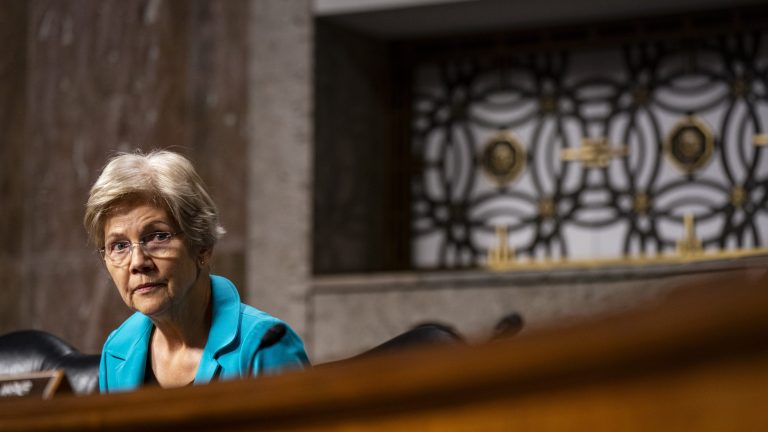Microsoft’s president has called on Donald Trump to “push harder” against cyber attacks from Russia, China, and Iran amid a wave of state-sponsored hacks targeting US government officials and election campaigns.
Brad Smith, who is also the Big Tech company’s vice chair and top legal officer, told the Financial Times that cyber security “deserves to be a more prominent issue of international relations” and appealed to the US president-elect to send a “strong message.”
“I hope that the Trump administration will push harder against nation-state cyber attacks, especially from Russia and China and Iran,” Smith said. “We should not tolerate the level of attacks that we are seeing today.”
Ransomware attacks against US businesses have surged in recent years, often perpetrated by criminal gangs that Smith said were “tolerated... and in some cases even facilitated” by the Russian government.
Last week, US law enforcement agencies accused China of mounting a widespread cyber espionage campaign by breaking into several American telecoms networks in the run-up to this month’s election.
Smith said Joe Biden’s administration had made “tremendous progress in strengthening cyber security protections” but added: “There’s more steps that are needed, especially in dissuading and deterring these other countries from unleashing these cyber attacks.”
A recent Microsoft study found that its customers face more than 600 million cyber attacks every day, with criminal gangs and “nation-state groups” increasingly teaming up to share tools and even conducting joint operations.


 Loading comments...
Loading comments...
